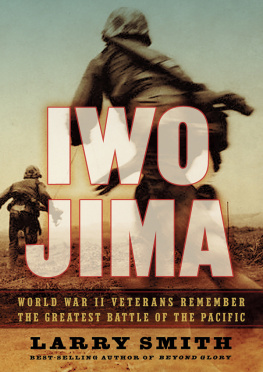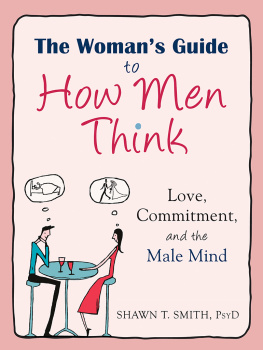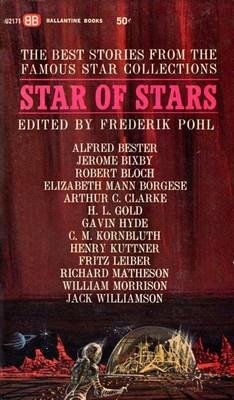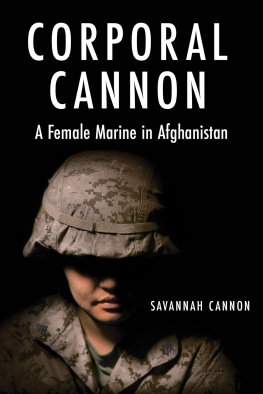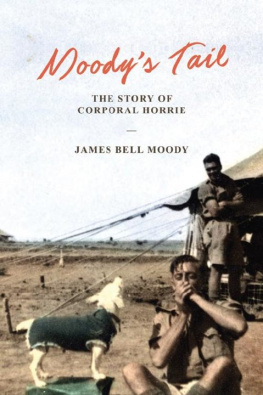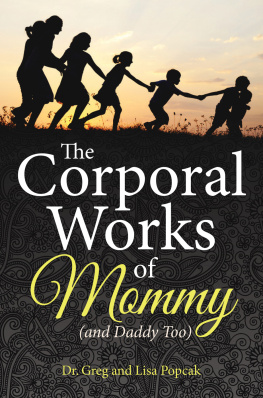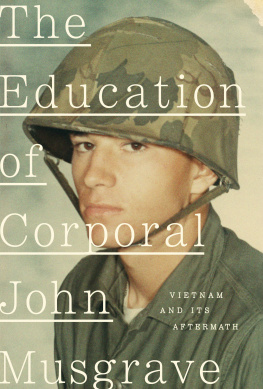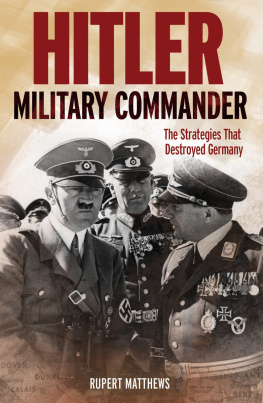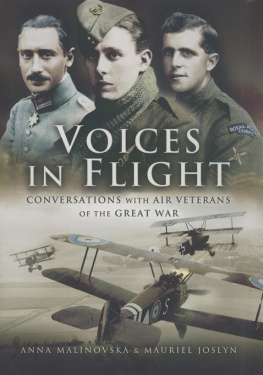
ALSO BY LARRY SMITH
BEYOND GLORY:
Medal of Honor Heroes
in Their Own Words
THE FEW AND THE PROUD:
Marine Corps Drill Instructors
in Their Own Words
THE ORIGINAL:
A Novel
Iwo Jima
World War II Veterans
Remember the Greatest Battle
of the Pacific
LARRY SMITH

Some images in this e-book are not displayed owing to permissions issues.
Copyright 2008 by Larry Smith
The poem on page 295 by Hitomaro, translated by Kenneth Rexroth,
from One Hundred Poems from the Japanese, copyright 1955 by New
Directions Publishing Corp. Reprinted by permission of New
Directions Publishing Corp.
The extracts on pages 298299 from So Sad to Fall in Battle
by Kumiko Kakehashi, translation copyright 2007 by Shinchosha
Co., Ltd. Copyright 2005 by Kumiko Kakehashi. Used by permission
of Presidio Press, an imprint of The Ballantine Publishing Group, a
division of Random House, Inc.
All rights reserved
First Edition
For information about permission
to reproduce selections from this book,
write to Permissions, W. W. Norton & Company, Inc.,
500 Fifth Avenue, New York, NY 10110
For information about special discounts for bulk purchases,
please contact W. W. Norton Special Sales at
specialsales@wwnorton.com or 800-233-4830
Book design by Charlotte Staub
Production manager: Julia Druskin
The Library of Congress has cataloged the printed edition as follows:
Iwo Jima : World War II veterans remember the greatest battle
of the Pacific / [edited by] Larry Smith. 1st ed.
p. cm.
ISBN 978-0-393-06234-2 (hbk.)
1. Iwo Jima, Battle of, Japan, 1945Personal narratives,
American. I. Smith, Larry (Larry Earl)
D767.99.I9I95 2008
940.54'2528dc22
2008001301
ISBN 978-0-393-33491-3
ISBN 978-0-393-28563-5 (e-book)
W. W. Norton & Company, Inc.
500 Fifth Avenue, New York, N.Y. 10110
www.wwnorton.com
W. W. Norton & Company Ltd.
Castle House, 75/76 Wells Street, London W1T 3QT
TO
Barney Barnum, John Ripley,
Iron Mike Mervosh, and the veterans of Iwo Jima
and to all marines,
everywhere

CONTENTS
OLD MEN FORGET, yet all shall be forgot but hell remember, with advantages, what feats he did that day.
WILLIAM SHAKESPEARE, Henry V
CARLISLE: My Lord, wise men neer sit and wail their woes, but presently prevent the ways to wail. To fear the foe, since fear oppresseth strength, gives in your weakness strength unto your foe, and so your follies fight against yourself. Fear, and be slain. No worse can come to fight. And fight and die is death destroying death, where fearing dying pays death servile breath.
WILLIAM SHAKESPEARE, Richard II

T hey are all in their eighties now. They have had occupations, sweethearts, wives, children, even great-grandchildren. But once they stood trembling, hearts pounding, laden with weapons, ammunition, and assault packs as the amtracs and Higgins boats careened over sickening waves toward the black sands of Iwo Jima. They are survivors of one of the great battles of history, the campaign to conquer a small island in the far Pacific. Most were eighteen or nineteen years old when the boats dropped them off at the surfs edge. They were teenagers charging up those horrible ashy, slippery beaches into a torrent of artillery, mortar, and machine-gun fire, with death and destruction all around them. Hundreds surrendered their lives on the spot while those who were to survive struggled frantically to get off the beach. They were kids. They are old now. They are dying by the hundreds, age taking them instead of bullets or shrapnel. Yet thousands hold Purple Hearts, the decoration of the wounded. Twenty-two of them tell their stories in this book.
February 19, 1945, dawned bleak but manageable. That morning nearly eight hundred vessels, ranging from battleships, cruisers, and destroyers to transports and LSTs (landing ship, tanks), lay offshore. Aboard the transports were seventy thousand marines from three divisions charged with conquering eight square miles defended by twenty-two thousand Japanese soldiers fighting out of caves, bunkers, and tunnels. The Japanese knew the Americans were coming and the emperor personally had sent the brilliant general Tadamichi Kuribayashi to defend Iwo Jima. Implicit in the order was a fight to the death. The general arrived in June 1944, eight months prior to the invasion. Iwo Jima means Sulfur Island, and the Japanese had carved an extensive network of mining tunnels that ran in all directions. Kuribayashi had his own soldiers work alongside Korean laborers to widen, deepen, and extend the sandstone tunnels so that there were more than sixteen miles of passageways. Some of the tunnels ran three stories underground. The island is volcanic, and the heat must have been dreadful.
Early that morning the amphibious craft, amtracs and Higgins boats, embarked from a fleet of forty-three transport ships. The fleet was a floating city, serving fifty thousand meals of steak and eggs to marines about to go ashore. The Fifth Marine Division had trained more than a year for this battle alone. Fleet Admiral Chester Nimitz was in overall charge in the Pacific. Admiral Ray Spruance was in command of the Fifth Fleet. Under him was Admiral Kelly Turner, the commander of the Fifth Amphibious Corps. General Harry Schmidt was in command of the landing force. Superfluous in the command structure but superior to Schmidt was General Holland Howling Mad Smith. Planning for the battle had been under way for more than a year. The Marines were on the ground; the Japanese were in the ground, and they were ready for the siege. Each man was told to fight to the death, but not before taking at least ten marines with him. They survived on half a cup of water daily and a handful of rice, yet they held out for thirty-six days. The last five days they had neither food nor water.
On the first day alone the Marines suffered 2,420 casualties, including more than 500 killed. Before the campaign was over, 13 of 24 battalion commanders fell, while 15 doctors were killed, along with 195 Navy corpsmen, who were medics on the battlefields. In those thirty-six days, 28,000 marines and soldiersAmerican and Japanesewere killed, and 16,000 were wounded. In the first ten days the Fourth Division lost 4,000 marines getting from the landing beaches to an assembly point you could walk to in twenty minutesif you were not under fire. There have been few more disastrous military encounters in American history. Iwo Jima remains the Marine Corpss deadliest campaign. Some have compared Iwo Jima with the battle of Gettysburg, where 40,000 died, and with Belleau Wood in World War I, where the casualties, killed and wounded, reached 9,770. At the end of the fighting, the American dead totaled 6,821. It was the only campaign the Marines ever fought in which they took more casualties than the enemy. Every foot of the island was contested, and the fighting was so intense that several battle sites became legendary: Nishi Ridge; the Quarry; Cushmans Pocket; Hills 362 Able, Baker, and Charlie; the Meatgrinder, consisting of the Amphitheater, Hill 382, and Turkey Knob. Then there were Bloody Gorge and Kitano Point.
Next page
